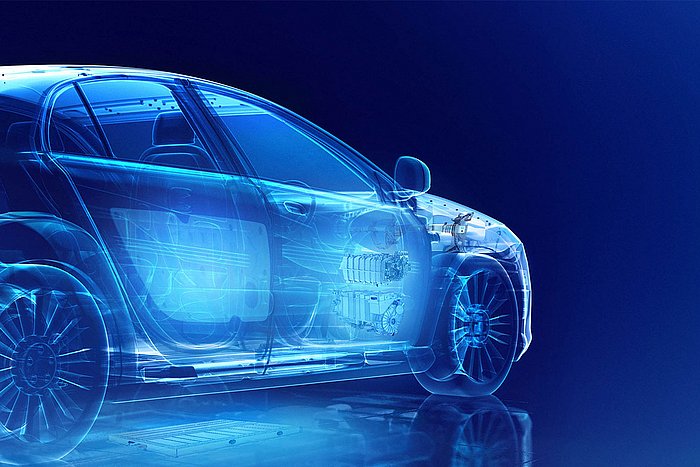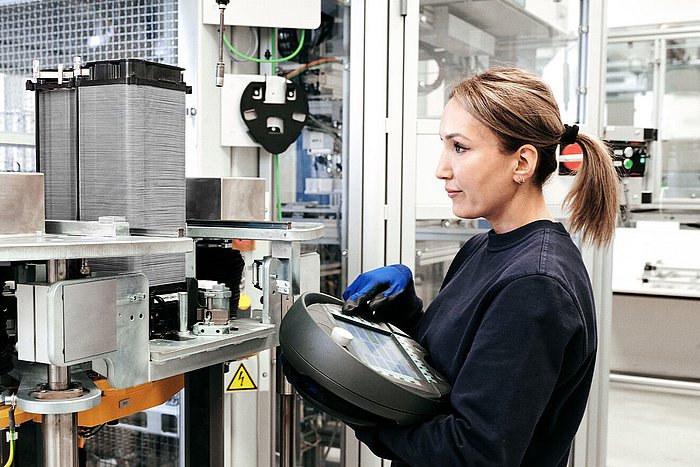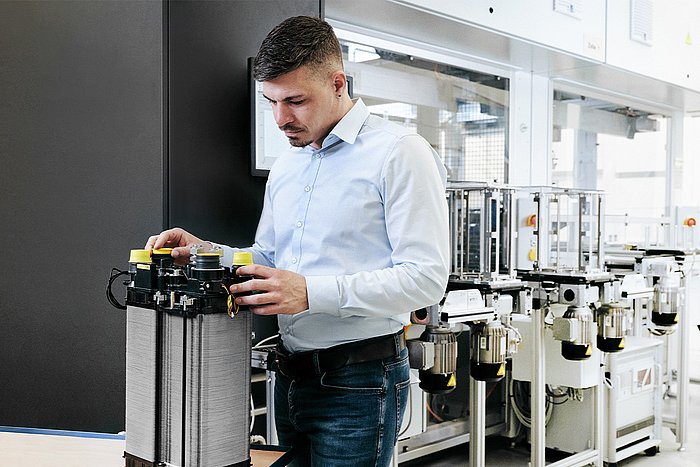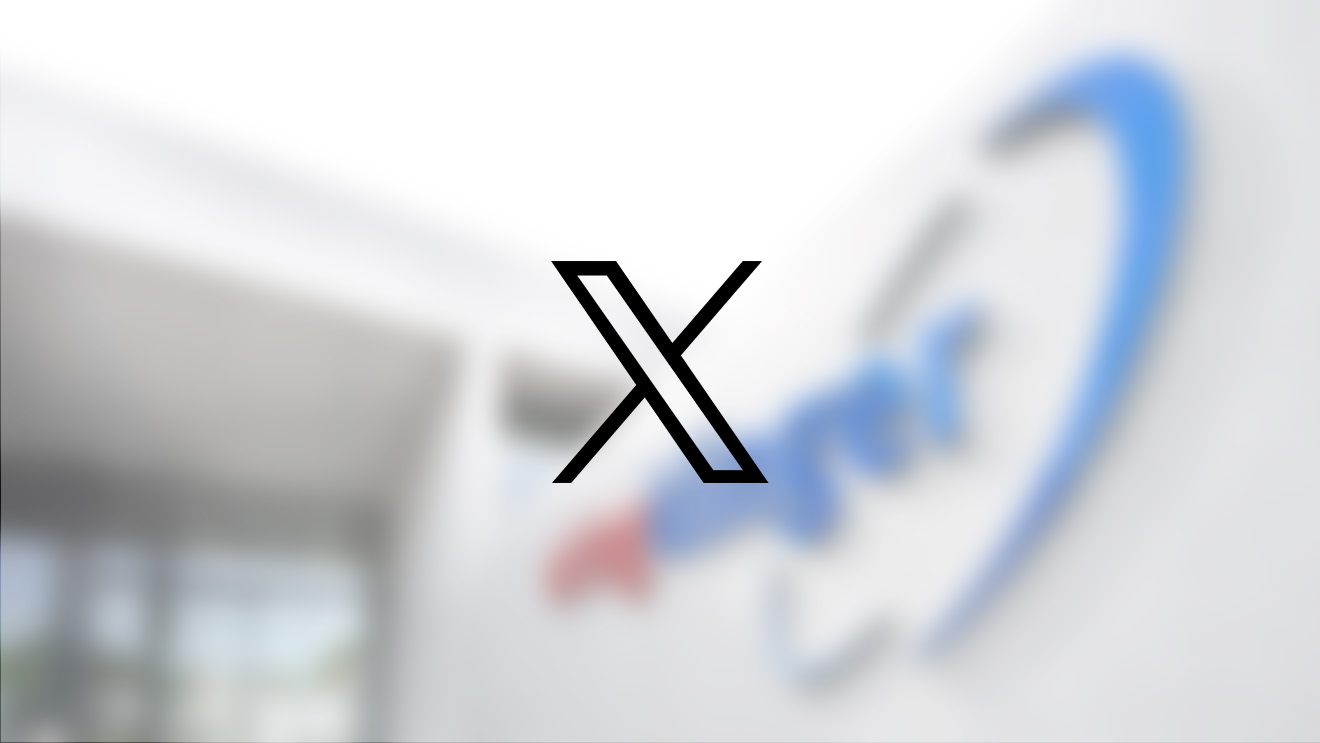- Revenue up markedly in second quarter (+56%) and first half of 2021 (+26%)
- EBIT at EUR 23.0 million in second quarter and EUR 71.4 million in first half of 2021 despite challenging environment; EBIT margin at 5.9% and 8.7% respectively
- Operating free cash flow again widened to EUR 65.6 million in first half; net debt reduced by further EUR 216.6 million to now EUR 363.3 million
- Existing syndicated loan facility expanded by EUR 100 million to EUR 450 million and extended until early 2026
- Outlook for 2021 financial year confirmed
Dettingen/Erms (Germany), August 5, 2021 +++ ElringKlinger continued its strong start to the year in the second quarter of 2021. The Group generated revenue of EUR 393.6 million, an increase of EUR 141.4 million or 56.1% compared to the same period last year. If exchange rates had remained unchanged, the figure would have been up by EUR 146.3 million or 58.0%. According to data presented by industry service provider IHS, global automobile production grew by 48.6% in the same period. The Group also made strong gains in the first half of 2021 as a whole, with revenue expanding by EUR 169.2 million to EUR 817.6 million when compared to the first six months of the previous year (EUR 648.8 million). Without currency effects, revenue would have been up by an additional EUR 19.4 million.
After a sharp pandemic-induced drop in revenue in the previous year, there were signs of recovery in all regions. In Germany, Group revenue increased by 37% year on year in the second quarter of 2021 and by 92% in the region encompassing the Rest of Europe. Revenue from sales in North America also expanded strongly with an increase of 67%. In the Asia-Pacific region, meanwhile, growth was more modest at 20%, as the first quarter of the previous year in particular had been affected by closures and a decline in revenues in China.
Marked improvement in orders
The global recovery is also reflected in the Group's order books: the positive trend seen in the first three months continued in the second quarter of 2021 with incoming orders of EUR 429.5 million. Overall, this represents a significant increase compared to the second quarter of 2020, when the Group had recorded incoming orders worth EUR 192.6 million against the backdrop of lockdown measures.
As a result, the Group's order backlog also increased. After EUR 1,186 million as of March 31, 2021, the order book was expanded once again in the period under review, taking the figure to EUR 1,222 million at the end of the first half. A year earlier, under the impact of the pandemic, the figure had stood at EUR 929.4 million. This translates into a gain of 31.4%.
Earnings visibly stronger
After the slump in revenue last year, the Group managed to improve its earnings performance noticeably, benefiting in part from the successful continuation of its efficiency enhancement program. In the second quarter of 2021, it generated earnings before interest and taxes (EBIT) of EUR 23.0 million, up EUR 55.4 million on the prior-year figure (EUR -32.4 million). As a result, earnings per share attributable to the shareholders of ElringKlinger AG amounted to EUR 0.13 in the second quarter and EUR 0.72 in the first six months.
Asked to comment on the Group's performance, Dr. Stefan Wolf, CEO of ElringKlinger AG, said: "Our quarterly results confirm that we are fully on track. Our global efficiency enhancement program continues to take effect, on the back of which the Group's key financial indicators have improved noticeably both in terms of revenue and earnings as well as in respect of cash flow. At 5.9% in the quarter, our EBIT margin is within the targeted range of around 5 to 6% for the full 2021 financial year. In addition, we generated substantial operating free cash flow in the first six months, allowing us to further reduce our net financial liabilities. From a financial perspective, this puts us in an even more robust position than before - in support of the ongoing transformation process and our future endeavors."
Financial strength further cemented
The Group maintained its disciplined investment approach in the quarter under review and was able to further optimize net working capital. Its ratio (in % of Group revenue) improved from 27.8% a year ago to 25.0% at the end of the reporting period. Overall, the Group generated operating free cash flow of EUR 37.0 million in the second quarter of 2021 and EUR 65.6 million in the first half of the year. Net debt was slashed by EUR 216.6 million, down from EUR 579.9 million as of June 30, 2020, to EUR 363.3 million. Upon introduction of the efficiency enhancement program at the end of the first quarter of 2019 net debt had amounted to EUR 795.5 million. Since then, ElringKlinger has significantly reduced its net debt ratio (net debt in relation to EBITDA) - from 3.8 to 1.4 in the past twelve months alone.
Expansion of syndicated loan
In order to provide additional room for maneuver in financial terms, ElringKlinger agreed an extension to the financing framework with the existing partners of the syndicated loan concluded in 2019. As part of this new arrangement agreed after the first-half reporting period in July 2021, the syndicate banks will make a further EUR 100 million available to the Group. Additionally, the term of the entire borrowing facility of now EUR 450 million was extended by two years until early 2026.
Guidance confirmed
Despite the persistently high risk of infection associated with the coronavirus pandemic, global economic activity has been recovering visibly. Fundamentally, this is also evident in the automotive industry, although markets around the globe continue to be exposed to major uncertainties. The situation within commodity markets is tense, and bottlenecks in the semiconductor industry may have a regional or global impact on vehicle production output. In addition, there are concerns over the possibility of new waves of covid-19 infection later in the year, which could again have an impact on economic activity.
Against this backdrop, ElringKlinger continues to anticipate a level of organic revenue growth that is likely to roughly match the rate of expansion in global automobile production. In terms of consolidated earnings, ElringKlinger again anticipates an EBIT margin of around 5 to 6% calculated in relation to Group revenue. The outlook for the other key financial indicators also remains unchanged.
Key financials for the second quarter and first half of 2021
| in EUR m | H1
2021 | H1
2020 | ∆ abs. | ∆ rel. | Q2
2021 | Q2
2020 | ∆ abs. | ∆ rel. |
| Order intake | 1,006.1 | 547.5 | +458.6 | +83.8% | 429.5 | 192.6 | +236.9 | +>100% |
| Order backlog | 1,221.6 | 929.4 | +292.2 | +31.4% | 1,221.6 | 929.4 | +292.2 | +31.4% |
| Revenue | 817,6 | 648.4 | +169.2 | +26.1% | 393.6 | 252.2 | +141.4 | +56.1% |
| of which curency | | | -19.4 | -3.0% | | | -4.9 | -2.0% |
| of which M&A | | | +0.0 | +0.0% | | | +0.0 | +0.0% |
| of which organic | | | +188.6 | +29.1% | | | +146.3 | +58.0% |
| EBITDA | 127.6 | 44.9 | +82.7 | +>100% | 50.4 | -0.9 | +51.4 | ->100% |
| EBIT | 71.4 | -16.4 | +87.8 | ->100% | 23.0 | -32.4 | +55.4 | ->100% |
| EBIT margin (in %) | 8.7 | -2.5 | +11.2PP | - | 5.9 | -12.8 | +18.7PP | - |
| Net finance cost | -3.5 | -16.1 | +12.6 | -78.1% | -4.6 | -6.3 | +1.7 | -27.5% |
| Profit before taxes | 67.9 | -32.5 | +100.4 | ->100% | 18.5 | -38.7 | 57.2 | ->100% |
| Taxes on income | -22.9 | -1.4 | -21.5 | +>100% | -12.0 | 3.1 | -15.1 | ->100% |
| Net income (after non-controlling interests) | 45.8 | -33.5 | +79.3 | ->100% | 7.9 | -35.5 | +43.4 | ->100% |
| Earnings per share (in EUR) | 0.72 | -0.53 | +1.25 | ->100% | 0.13 | -0.56 | +0.69 | ->100% |
Investments (in property, plant, and
equipment and investment property) | 22.5 | 22.7 | -0.2 | -0.9% | 10.9 | 10.4 | +0.5 | +4.8% |
| Operating free cash flow | 65.6 | 23.6 | +42.0 | +>100% | 37.0 | 25.8 | +11.2 | +43.4% |
| Net working capital | 413.0 | 417.4 | -4.4 | -1.1% | | | | |
| Equity ratio (in %) | 46.0 | 40.5 | +5.5PP | - | | | | |
| Net financial debt | 363.3 | 579.9 | -216.6 | -37.4% | | | | |
| Employees (as of June 30) | 9,608 | 9,991 | -383 | -3.8% | | | | |









![[Translate to English:] ElringKlinger auf Instagram [Translate to English:] ElringKlinger auf Instagram](/fileadmin/data/images/06-newsroom/01-content/social-media/elringklinger-social-media-instagram-1320x743.jpg)
![[Translate to English:] ElringKlinger auf Facebook [Translate to English:] ElringKlinger auf Facebook](/fileadmin/data/images/06-newsroom/01-content/social-media/elringklinger-social-media-facebook-1320x743.jpg)

![[Translate to English:] ElringKlinger auf LinkedIn [Translate to English:] ElringKlinger auf LinkedIn](/fileadmin/data/images/06-newsroom/01-content/social-media/elringklinger-social-media-linkedin-1320x743.jpg)
![[Translate to English:] ElringKlinger auf Xing [Translate to English:] ElringKlinger auf Xing](/fileadmin/data/images/06-newsroom/01-content/social-media/elringklinger-social-media-xing-1320x743.jpg)